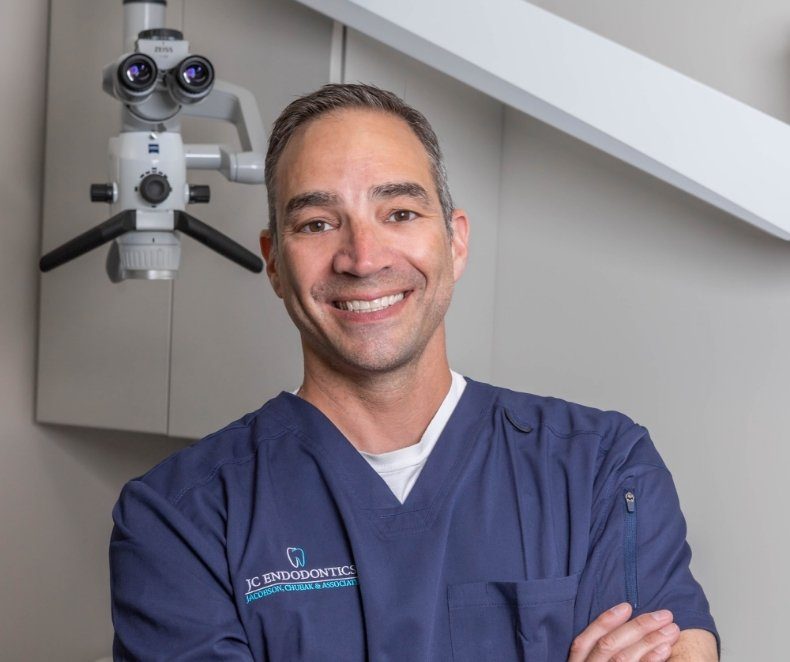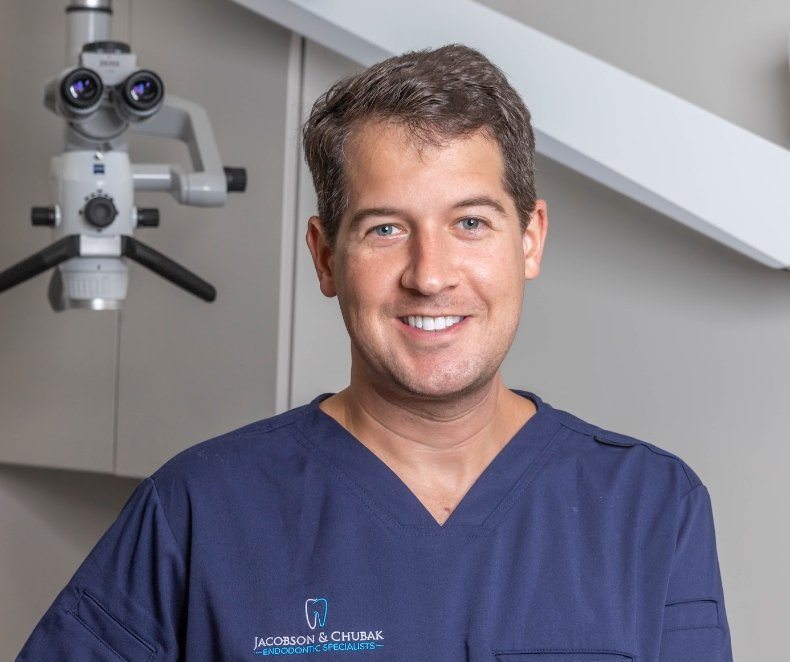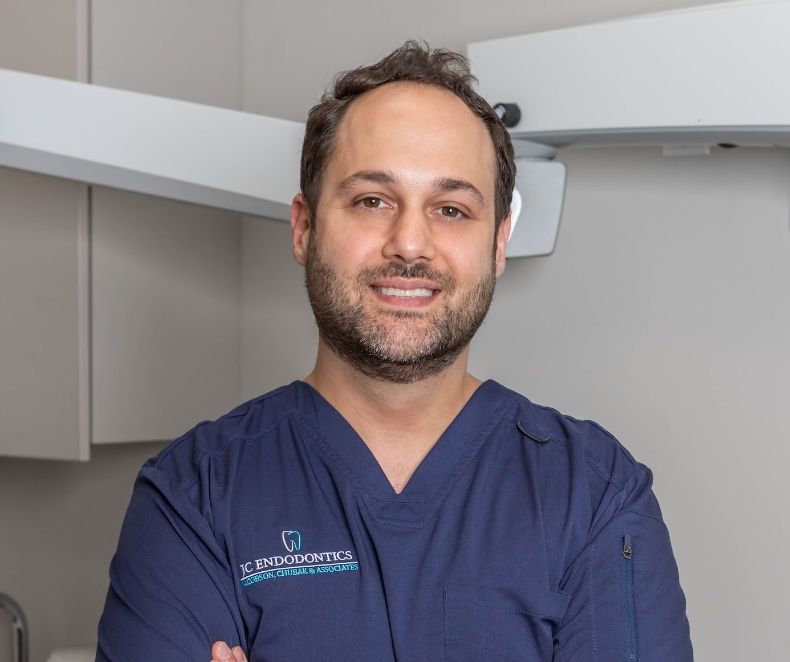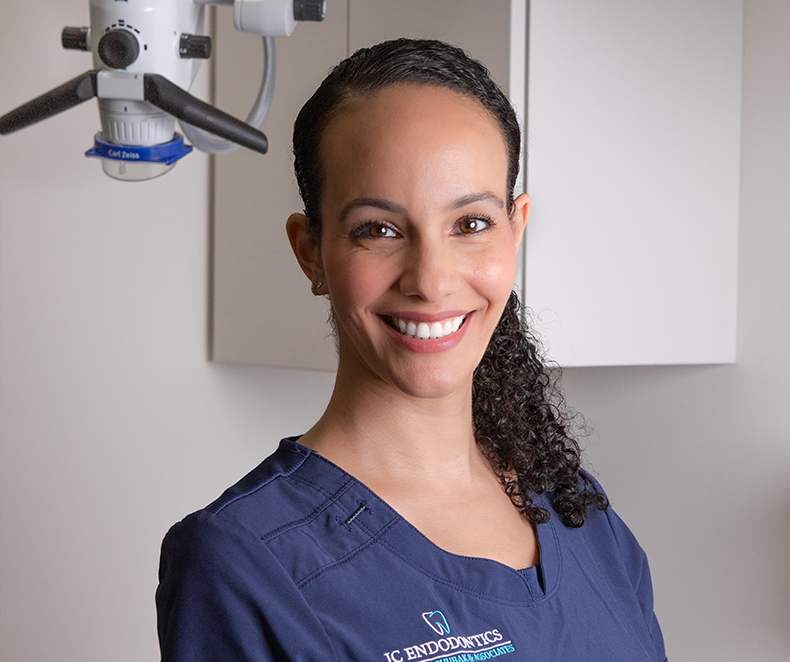Meet Our Endodontists – New York City, NY
Get to Know Our Detail-Oriented Endodontists
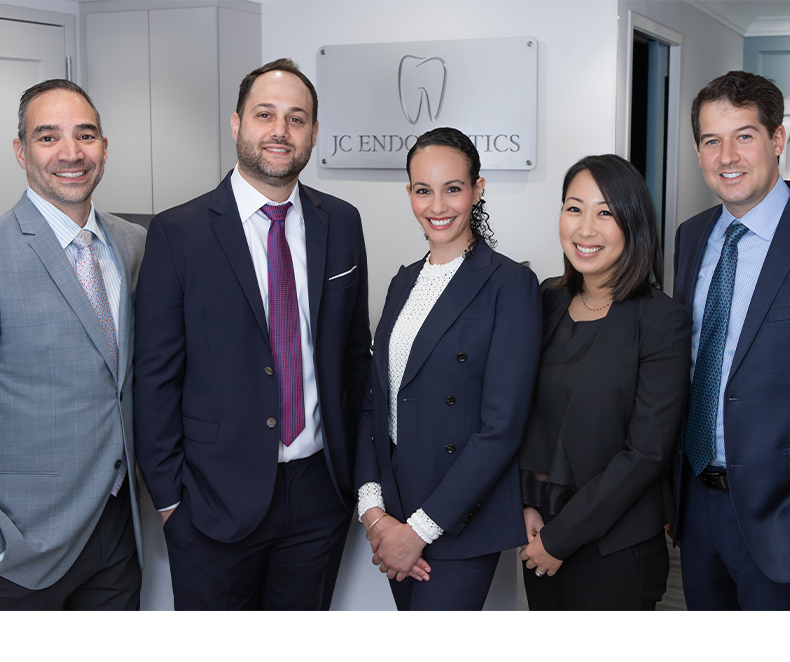
Our team is led by our skilled, specialty trained New York City endodontists: Dr. Jacobson, Dr. Chubak, Dr. Heck, Dr. Choi, and Dr. Forghani. This means that they’ve all graduated from an accredited dental school as well as completed an additional two to three years of education and residency to specialize in saving teeth by performing procedures involving the inside of them. They’re united by the fact that each of them loves helping patients get out of pain and reclaim their lives. Learn more about them by clicking on their photos below.

